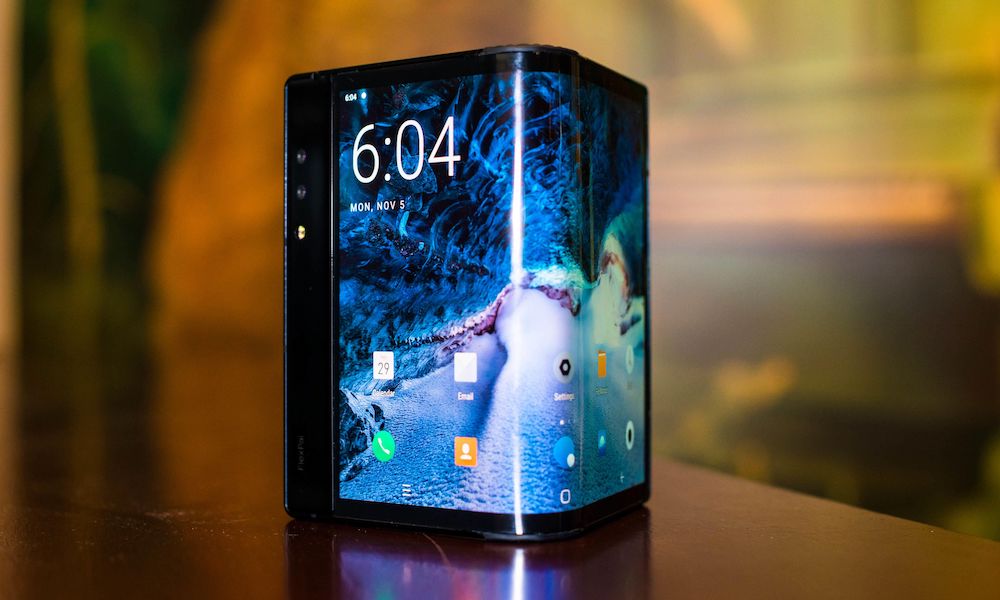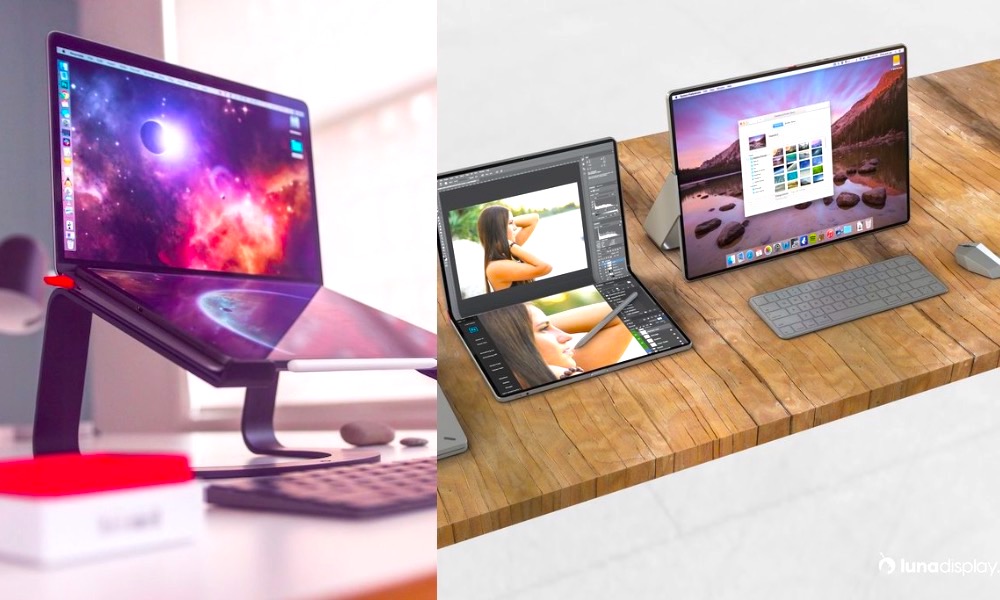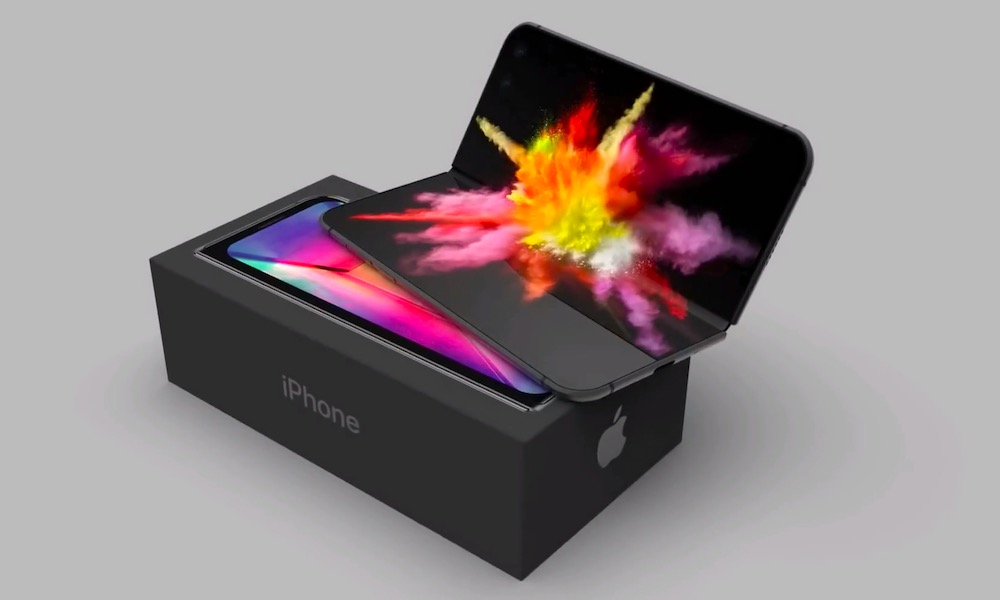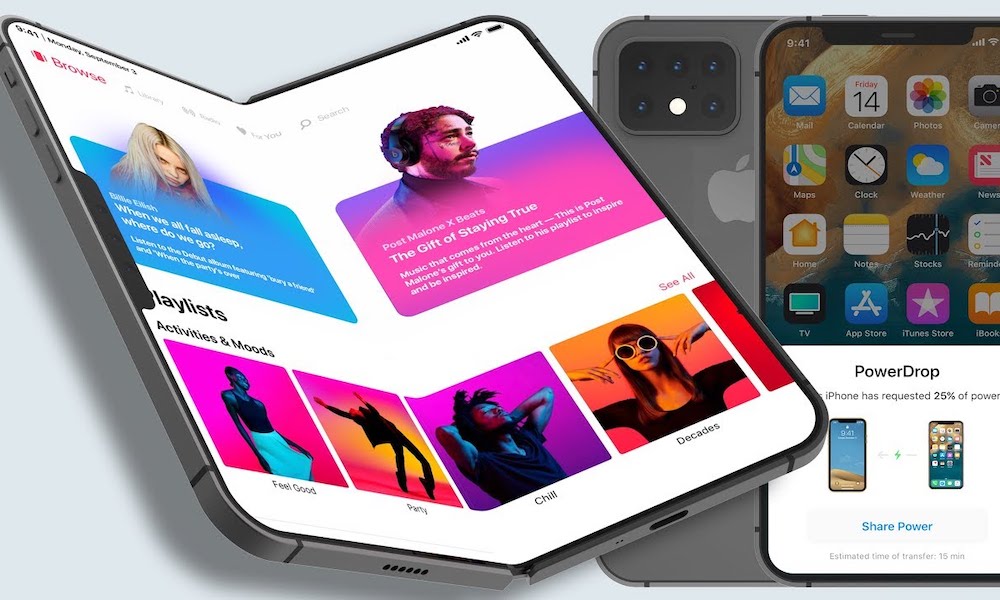Foldable Phones: Why Are They Here? Do We Even Want Them?
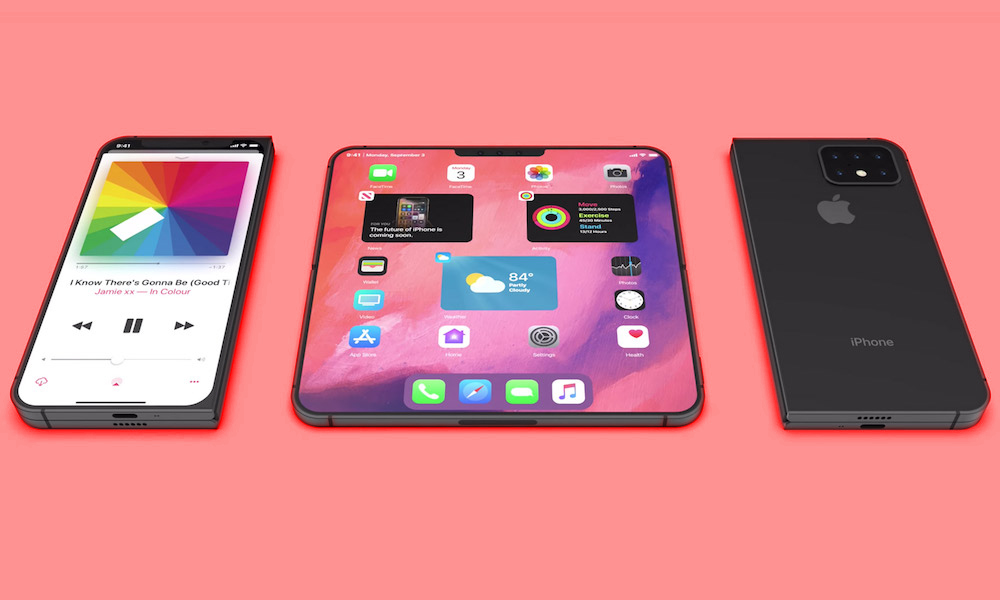 Credit: Bro.King / EverythingApplePro
Credit: Bro.King / EverythingApplePro
If you've been keeping count, you've noticed that there are quite a few brands promising smartphones with foldable displays; including Samsung, Sony, Huawei, Royole, Lenovo and Apple, according to the latest rumors at least. And there are many reports that a future iPad will be a foldable device, too. At this point, you just can't get away from the idea.
But how did we get to this point? Continue reading to take a look at the important factors behind foldable phones and tablets, why so many are jumping on this bandwagon, and what makes foldable devices attractive – and problematic.
It's New and That's What Manufacturers Care About
Do you remember the Blackberry Storm, the Amazon Fire Phone, or the Microsoft Kin? The truth is, phone makers have always jumped on technological trends, even if they don't know what they're doing. Foldable phone/tablet technology has been in development for years, and many of these companies have a lot invested into those projects – naturally, they want something to show for it, even if it's just a prototype.
There's no way of knowing how many of these foldable devices are actually going to make it to the consumer. Even Samsung's head of mobile said that the Galaxy Fold was an embarrassment; a product sent to reviewers before it was ready. Sometimes it's not about creating a viable product – it's about showing investors that you, too, are keeping up with the latest trends. Other times, brands hope that the novelty is enough to gain new customers. All this can make the foldable future hard to predict.
The Rise of OLED
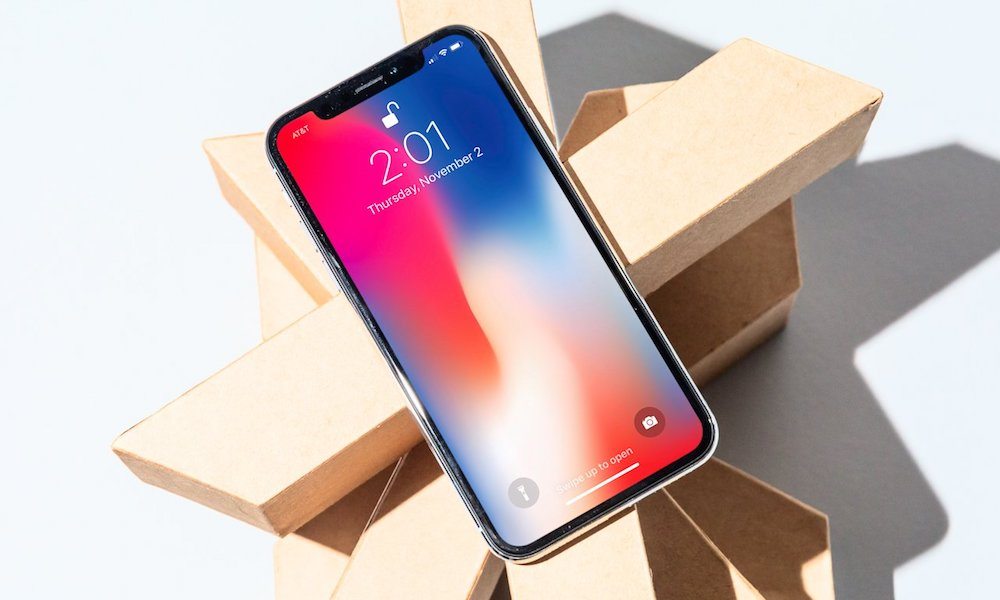
So, why are we seeing so much talk about foldable phones now? One of the biggest reasons is the OLED screen. If you remember your OLED tech, you'll know that OLED screens combine color and lighting panels into one versatile substrate. That means that they can be flexible in ways that LCD screens simply can't be. You will find that all these foldable prototypes are using OLED technology or similar screen technologies to enable their flexible design. This is also one of the reasons that costs are so high. OLED screens in these sizes aren't cheap to make.
It also raises questions about a foldable iPad: Would Apple make it fully OLED? It's possible: Apple is shifting its OLED contracts in preparation to create larger screens, which could make the chance of a foldable iPad more likely.
The Lure of Hybrid Screen Sizes
Another reason foldable devices are on the rise is that
the core promise is pretty strong: You get two or more different screen sizes
in one device. Watch any ad
for foldable phones, and you'll see how they focus on the ability to move
between large screen activities (movies, games and so on) and small screen
activities (making lists, checking texts, etc.).
In the case of a foldable iPad, it's easy to see how
Apple might want a device that goes from iPad mini to normal iPad sizes,
accommodating a variety of activities – and hand sizes. This is one of the
easiest pitches for foldable devices: Fold it out to watch a movie! Fold it in
for comfortable texting! It's like two displays in one!
Flexibility and Storage
Another reason to consider foldable phones and tablets are storage options. As our screens keep getting bigger, storing them gets more difficult, especially if you want to avoid any accidental damage. Foldable devices help fix that problem by being, well, foldable. It's easier to tuck them away in a purse or pocket at a moment's notice.
Some, like the Lenovo-owned Motorola patent indicates, may also be flip phones, a way to handily resurrect the old idea of a flip phone with the modern convenience of a smartphone touchscreen – which sounds like one of the more promising uses of foldable screens, although there's no guarantee it will even hit the market. However, Apple also has reason to look into this advantage, since today's iPads aren't exactly easy to slip away without dedicated storage space in a bag or briefcase.
The Question of Apps
There aren't a lot of foldable phones out in the wild yet, especially since Samsung is taking another look at its Galaxy Fold, but one of the big questions is about apps. Will apps be able to tell when a phone is folded in or out? Will they be able to automatically expand when the device is
Protection and Durability
How do you protect a foldable display? No one is sure yet. The best way seems to be

